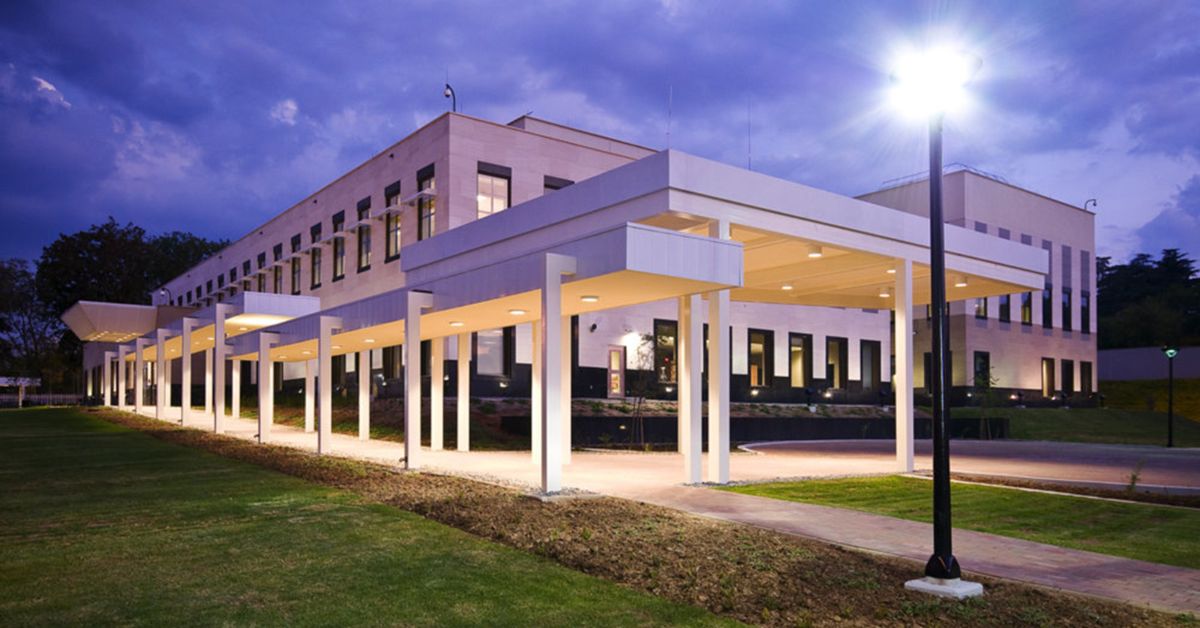Source: Solidarity
Even more extensive economic and diplomatic damage, further job losses, an exodus of investors and obstacles being experienced with the issuing of essential trade permits and travel visas – all of this Solidarity believes to count among the possible consequences the downsizing of the US embassy in Pretoria, as well as the possible closure of the US consulate in Johannesburg could have for South Africans.
These realities loom as a result of the South African government’s disintegrating relationship with the United States of America. This diplomatic crisis could result in a dramatic scaling down of the extent of the American diplomatic mission in South Africa.
A dispute over South Africa’s official policy positions triggered a diplomatic crisis between the countries, and this is currently being exacerbated by the Johannesburg Metro Council’s bid to rename the street in which the US consulate is located in Sandton after a Palestinian freedom fighter.
There is a risk that the US may want to close its Johannesburg consulate, while the remaining consulates in Cape Town and Durban could also be in question.
Solidarity believes a further diplomatic miscalculation, as would be the case with the street name change currently being considered by the Metro Council, will further damage an already fragile relationship.
According to the Solidarity Research Institute (SRI), the closure of the Johannesburg consulate alone would be a significant blow, as Johannesburg is South Africa’s economic capital and is also home to several US and multinational companies in the country.
The SRI believes the closure will, among other things:
• Complicate the process for South African travellers seeking to obtain visas;
• Obstruct the process South African businesspersons have to follow to obtain visas and for businesses needing essential trade permits and documentation;
• Harm investor confidence as the closure is a sign of a further disintegration of diplomatic relations;
• Cause job losses for South Africans as major US companies may terminate or reconsider their presence in South Africa;
• Cause hotels, restaurants and service providers that depend on consular visitors to lose income, leading to further job losses; and
• Limit US contributions made through the consulate towards valuable intelligence on transnational crime, money laundering and terrorism, reducing South Africa’s resistance to organised crime.
According to Jaco Kleynhans, head of public liaison at Solidarity, far more serious consequences than the closure of a consulate may follow if radical government officials persist in an ideological struggle against the US.
“It is in no South African’s interest to be exposed to the risk of further economic decline and international isolation for the sake of ANC policies and agendas.
“This is what the downsizing of the US mission and the closure of a consulate would bring about.
“Also keep in mind that American companies, many of which have offices in Johannesburg, some of them located close to the consulate in Sandton, employ thousands of South Africans. Moreover, they contribute billions of rand in taxes to the Treasury.
“Unfortunately, it seems that our government is going to persist with its anti-Western narrative and is therefore comfortable with ordinary South Africans being punished for the government’s sins,” Kleynhans cautioned.
South Africa’s relationship with the Trump administration is currently experiencing an unprecedented low.
The relationship has suffered further setbacks in recent weeks due to the offensive statements made towards the US by the former South African ambassador to Washington, Ebrahim Rasool, and insults from ANC Secretary-General Fikile Mbalula.
The US has also taken note of the Ramaphosa government’s silence on the EFF Party’s singing of the struggle song “Kill the Boer” on Human Rights Day.































